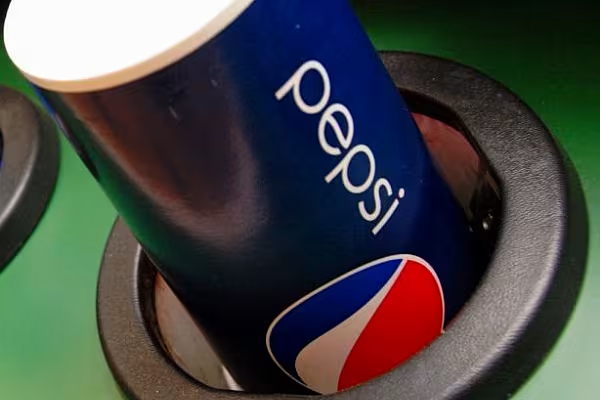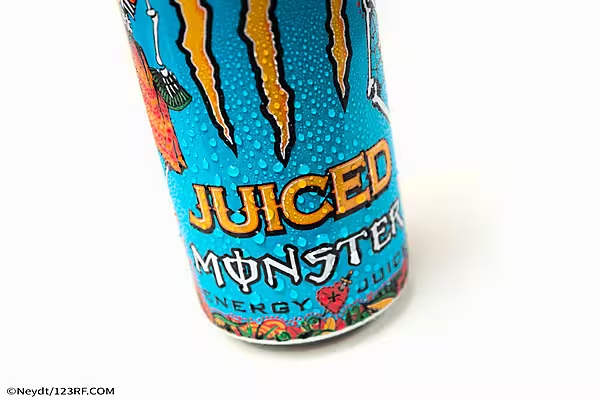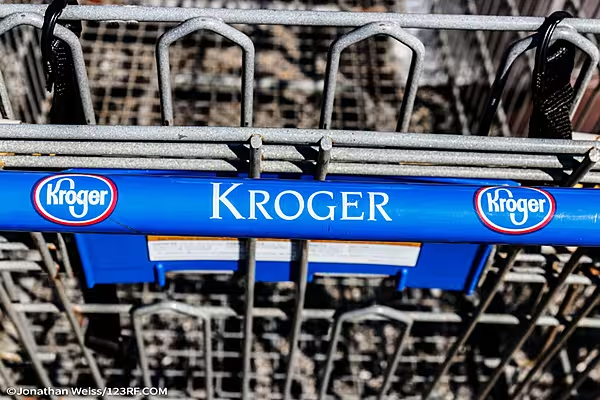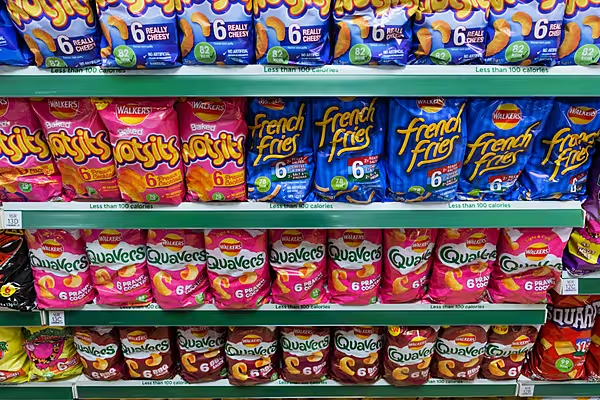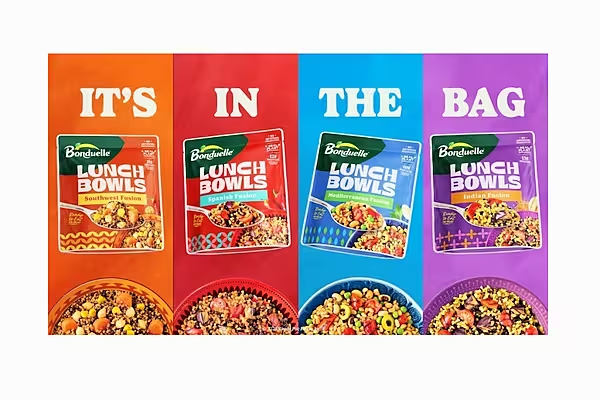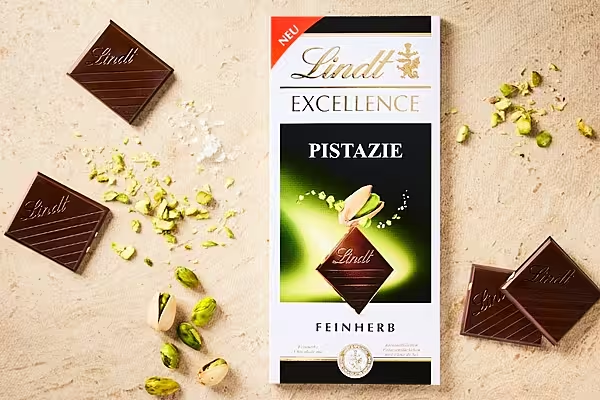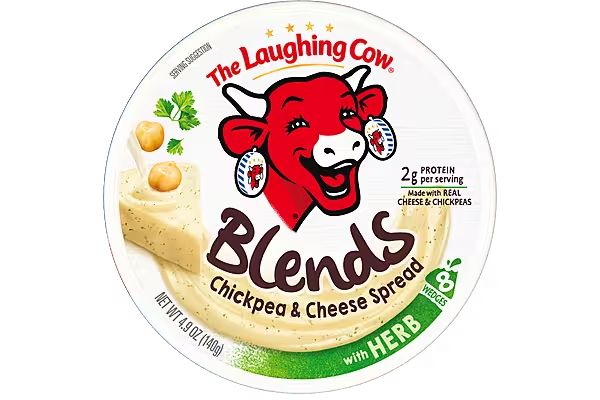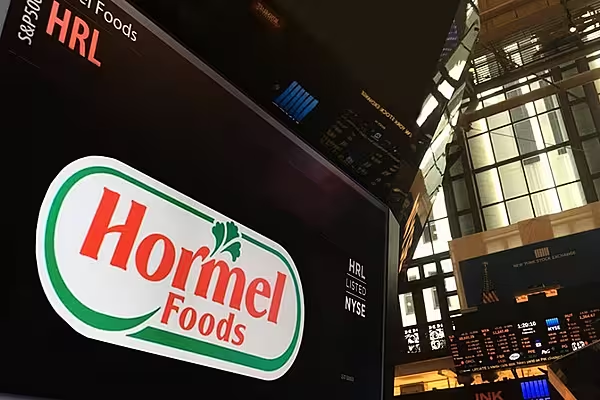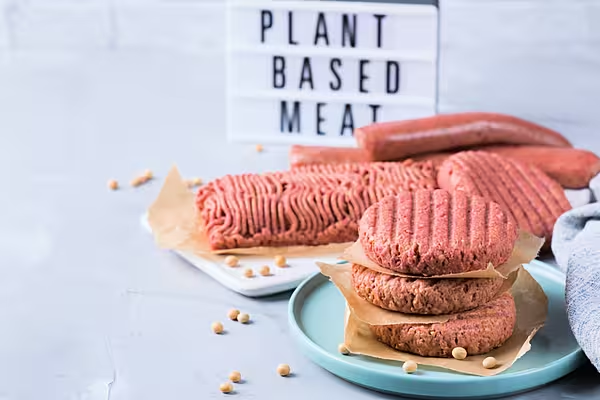PepsiCo Inc has raised its full-year earnings forecast, betting on surging demand for its sodas as pandemic-weary people flock to theatres, restaurants and stadiums after being stuck at home for more than a year.
The company's shares rose 2% as the vaccine-aided reopening of public venues across the United States helped boost North America Beverage sales 24% in the second quarter.
Net revenue from beverage sales to schools, restaurants, stadiums and other such businesses in North America doubled in the quarter.
Beverage sales overseas also improved, with PepsiCo saying it recorded double-digit organic revenue increases in emerging markets like Mexico, Brazil and India.
Quarterly Performance
Overall net revenue rose 20.5% to $19.22 billion (€16.2 billion) in the quarter ended 12 June, above expectations of $17.96 billion, according to IBES data from Refinitiv.
Excluding items, the company earned $1.72 per share, above estimates of $1.53 per shares.
PepsiCo's Frito-Lay North America snacks unit also reported a 7% increase in net revenue, despite expectations that business would slow as people ventured outside their homes again and spent less on snacks.
The company said it expects fiscal 2021 core earnings per share to increase 11%, compared with prior forecast of a high-single-digit increase. It forecast full-year organic revenue to rise 6%.
'Focused On Winning'
Commenting on the company's performance, chairman and chief executive Ramon Laguarta, said, "Our results give us confidence that the investments behind our Faster, Stronger and Better framework are working - as we invest in our brands, supply chain and go-to market systems, manufacturing capacity, capabilities and culture, and our society by integrating purpose into everything we do.
"Moving forward, we remain focused on winning in the marketplace and building competitive advantages that will position us well as consumer habits and preferences evolve over time."
PepsiCo said it would also expand a productivity programme that would introduce more automation in different markets and optimise its manufacturing processes and supply chain, resulting in expected pre-tax charges of about $3.15 billion. The programme's prior cost estimate was about $2.5 billion.
The company also plans to reduce the sugar content of its popular beverages in Europe by a quarter by the mid-part of the decade, as well as unveil a wider range of healthier, nutritious drinks and snacks.
